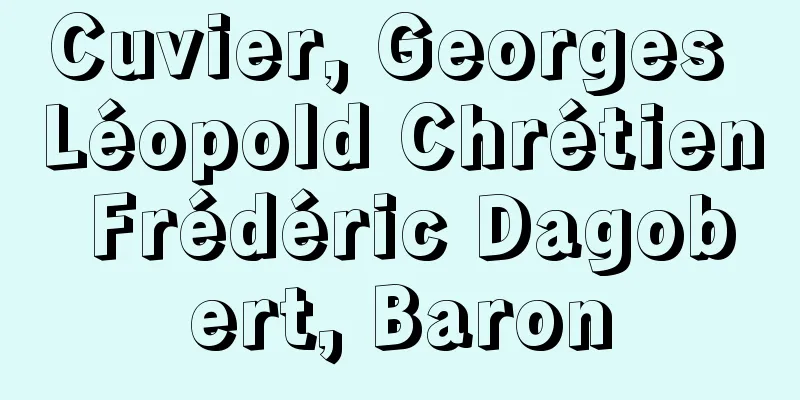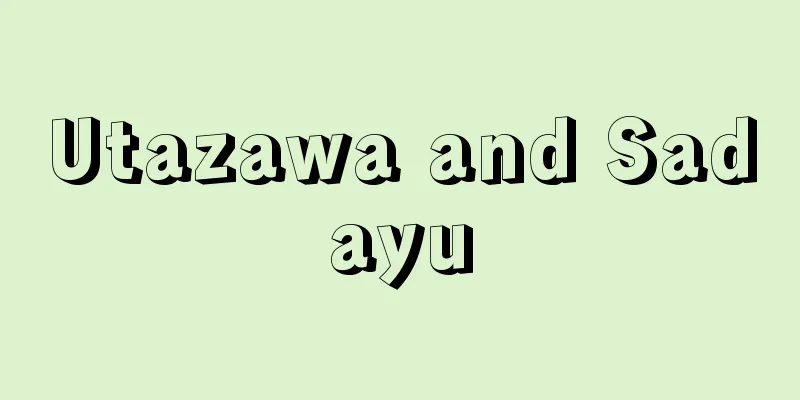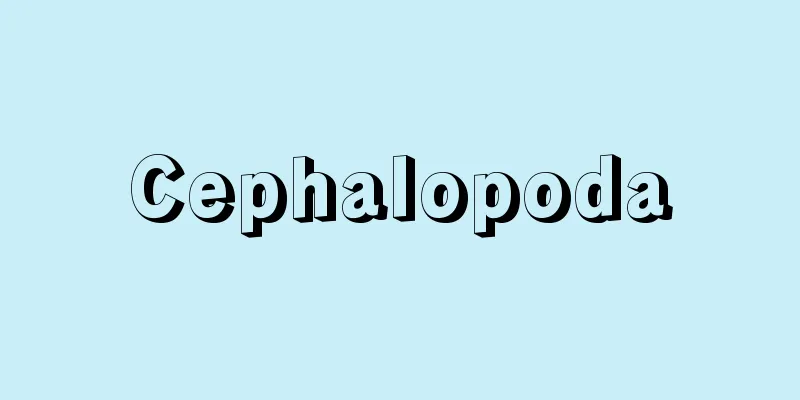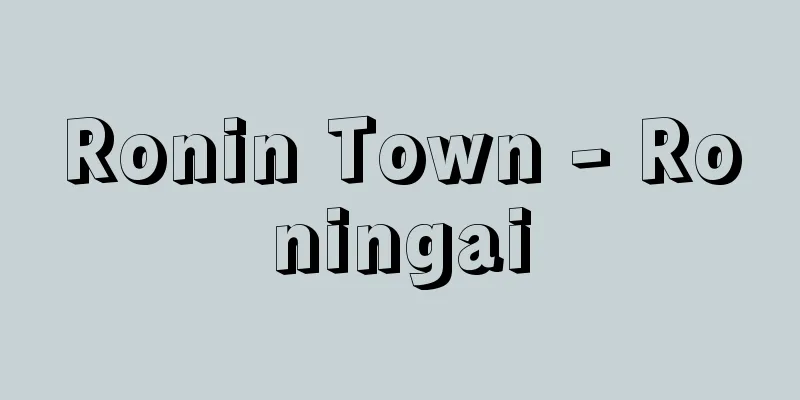Genocide
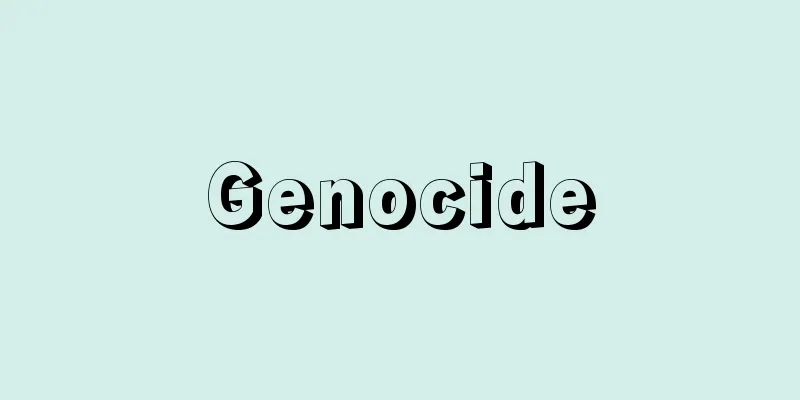
|
The planned and systematic destruction of a group of people because of their ethnicity, nationality, religion, or race. In 1944, the Polish-Jewish legal scholar Raphael Lemkin coined the term genocide, a compound word made up of the Greek word genos (meaning "race," "tribe," or "nation") and the Latin word cide (meaning "murder"). Although the word is of recent origin, genocide itself has probably been practiced throughout history. In fact, in ancient times, it was common for the victorious side to annihilate the defeated side. The Cathar genocide by the Albigensian Crusade in the 13th century is said to be the first genocide in modern times. Examples of genocide in the 20th century include the Armenian genocide by the Ottoman Empire in 1915, the Holocaust by Nazi Germany during World War II, and the Rwandan genocide in the 1990s. In modern international law, genocide is included in the "crimes against humanity" defined in the Charter of the International Military Tribunal (Nuremberg Charter). After the International Military Tribunal revealed the atrocities of the Nazis, the United Nations General Assembly adopted a resolution in December 1946 stating that the crime of genocide could be punished under international law, and in December 1948, the United Nations adopted the Convention on the Prevention and Punishment of the Crime of Genocide (Genocide Convention), the first human rights treaty of the United Nations. The Convention stipulated that those suspected of genocide must be tried by an international criminal court or a domestic court in the place where the crime was committed, but for the next 50 years, there was no effective enforcement system, and no permanent criminal court existed until the beginning of the 21st century. In 1993, Bosnia and Herzegovina filed a lawsuit with the International Court of Justice alleging that the Federal Republic of Yugoslavia had violated the Genocide Convention during the conflict (→ Bosnia-Herzegovina War). This prompted the international community to take action to prosecute those suspected of genocide, and the UN Security Council established the International War Crimes Tribunal for the Former Yugoslavia and the International Criminal Tribunal for Rwanda. In 1998, the Rome Statute of the International Criminal Court (ICC) was adopted by 120 countries as a permanent international institution to try and punish war crimes and genocide, and came into force on July 1, 2002. On the other hand, the challenge of preventing genocide remains. When discussing prevention measures, it is important to distinguish between war crimes and genocide. In the case of war crimes, any civilian can be targeted, but in the case of genocide, they are identified by attributes such as race, nationality, ethnicity, and religion. Furthermore, in the case of war crimes, no additional prevention measures are necessary once the war ends, but in the case of genocide, measures must be taken to ensure the survival of the targeted group even after the conflict ends. (→ Ethnic cleansing) Source: Encyclopaedia Britannica Concise Encyclopedia About Encyclopaedia Britannica Concise Encyclopedia Information |
|
民族や国籍,宗教,人種を理由に,ある集団に属する人々を計画的かつ組織的に破壊すること。1944年にユダヤ系ポーランド人の法学者ラファエル・レムキンが,ギリシア語の genos(「人種」「種族」「民族」の意)とラテン語の cide(「殺戮」の意)からつくった合成語。ことばの起源は最近だが,ジェノサイド自体はおそらく歴史を通して行なわれてきたとみられる。実際,古代には戦争に勝った側が負けた側を皆殺しにするのは普通のことだった。13世紀のアルビジョア十字軍によるカタリ派大虐殺は,近世で最初のジェノサイドともいわれる。20世紀の出来事では,1915年のオスマン帝国によるアルメニア人虐殺,第2次世界大戦中のナチス・ドイツによるホロコースト,1990年代のルワンダ大虐殺などがあげられる。 現代の国際法では,ジェノサイドは国際軍事裁判所憲章(ニュルンベルク憲章)で規定された「人道に対する罪」の一部となっている。国際軍事裁判によってナチスの残虐行為が明らかになったことを契機に,1946年12月の国連総会で,ジェノサイド罪が国際法のもとで処罰されうることを言明した決議が採択され,1948年12月,国際連合初の人権条約となる「集団殺害罪の防止及び処罰に関する条約(ジェノサイド条約)」が採択された。条約では,ジェノサイドの嫌疑をかけられた人間は国際的な刑事裁判所や行為地の国内裁判所で裁かれなければならないと規定されたが,続く 50年の間は効果的な執行制度を欠き,21世紀初頭まで恒久的な刑事裁判所は存在しなかった。1993年,ボスニア・ヘルツェゴビナが紛争(→ボスニア・ヘルツェゴビナ紛争)におけるユーゴスラビア連邦共和国のジェノサイド条約違反を国際司法裁判所に提訴した。これをきっかけに,国際社会はジェノサイドと疑われる犯罪の訴追に取り組み,国連安全保障理事会は旧ユーゴスラビア国際戦争犯罪法廷とルワンダ国際犯罪法廷を設置した。1998年,戦争犯罪やジェノサイドを審理・処罰する恒久的な国際機関として国際刑事裁判所 ICCを設立する条約「国際刑事裁判所に関するローマ規程」が 120ヵ国の賛成により採択され,2002年7月1日に発効した。 一方で,ジェノサイドの防止という課題は残されている。防止策を議論するうえで,戦争犯罪とジェノサイドの区別は重要となる。戦争犯罪の場合,あらゆる民間人が標的となりうるが,ジェノサイドでは人種,国籍,民族,宗教などの属性によって特定される。また,戦争犯罪の場合には戦争が終結すれば追加の防止策は必要ないが,ジェノサイドの場合には紛争終結後も標的となる集団の生存を確保するための対策を講じる必要がある。(→民族浄化) 出典 ブリタニカ国際大百科事典 小項目事典ブリタニカ国際大百科事典 小項目事典について 情報 |
Recommend
Shigehiro Okada
...In this survey, Yukio Kobayashi and his collea...
Mixteco (English spelling)
A Mexican Indian group. They live mainly in the st...
spondeios
… [Metre, or poetic foot] A step (also called a f...
spoils system
Also known as the spoils system, it is a political...
Chrysopidae
…A general term for insects belonging to the fami...
New compilation of the Sagami Province topography - Shinpen Sagami no Kuni Fudokiko
A geography book of Sagami Province compiled by t...
Achisu [Hot Spring] - Achisu
…In the late Middle Ages, it was called Shiramats...
Laband, Paul
Born: May 24, 1838 in Breslau (now Wrocław, Poland...
tumbling
...An exercise method aimed at developing a healt...
Reactor - Reactor (English spelling)
A device designed to introduce reactance into an ...
Crémazie, Octave
Born: April 16, 1827, Quebec [Died] January 16, 18...
World Trade Organization
The WTO is an international organization whose es...
bear's foot
...The plant is propagated by division or seedlin...
Battle of Emboabus - Battle of Emboabus
…In the Minas Gerais region, many gold mining set...
Banten (English spelling) banteng
It is a mammalian animal of the order Artiodactyl...

